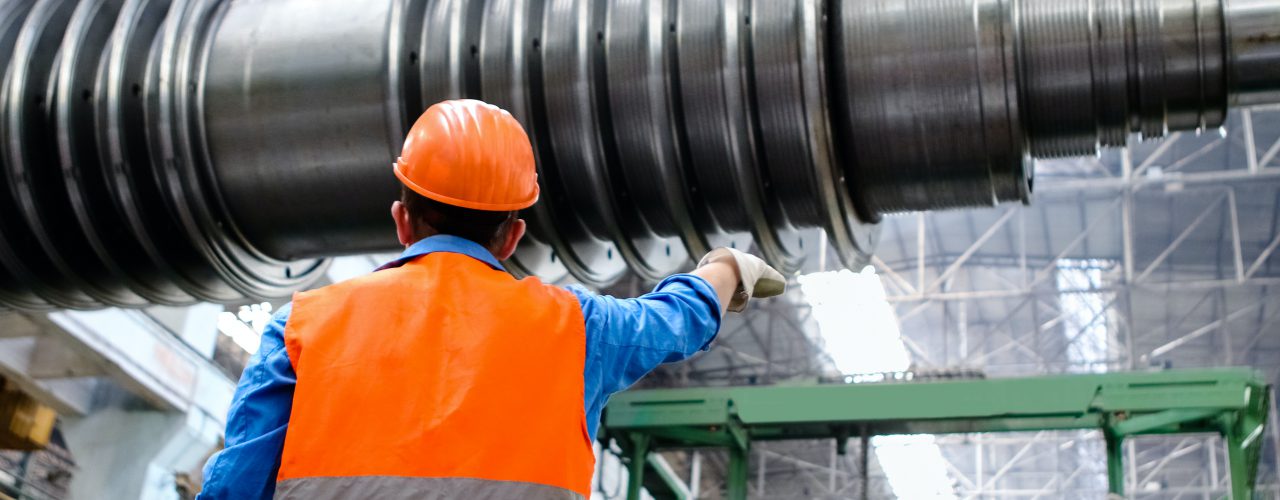
Nearly two years into the pandemic, more employees are returning to offices, classrooms, factories and other places where they worked in the “before times.” But getting back to business is just the first step. Even for employees who never left, their work environments must often adjust to changing circumstances and adjust to ensure a safe and healthy work environment.
Either way, you may still have a question or two about how the pandemic has affected your workplace. Here’s a rundown of issues workers are experiencing that will help shed a light on what to expect.
Workspaces Are More Mobile
If you’re returning to an office building, you may discover that your workstation has become more mobile. Portable equipment and digital technology enable more kinds of employees to adapt to new workspaces wherever they are to ensure safe distancing. For instance, if you shared a cubicle or desk with another worker, you’ll likely be able to opt your way into a more spacious environment. Where this isn’t possible, many companies have settled into a more flexible schedule that allows workers to split their time between home and the office.
Touchless Features Likely Here to Stay
While some aspects of the pandemic have eased up somewhat, touchless fixtures like automatic soap dispensers appear more permanent. The masking situation will probably remain a mix, at least for the time being. If you work in retail, you may be required to mask up, or choose to for your safety, while your customers don’t.
One of the most notable changes has been in the food industry. Touch-screen kiosks were already cropping up at restaurant chains years ago. Now, they’re replacing traditional menus with QR codes, requiring patrons to place their orders online from their smart phones. If you’re a server, this provides you with extra protection since you’re spending less face-time with customers.
Emphasis on Health and Wellness for Workers
A possible silver lining from the pandemic is a greater understanding of mental health issues. Employers are encouraging wellness in shared spaces like never before, a trend that is especially evident in healthcare. Due to the rise of healthcare worker burnout, more healthcare organizations are addressing mental health among their workers. According to one survey, 57 percent of senior leaders said their organizations are prioritizing benefits like childcare assistance, paid family leave, and sick time to better support their employees.
No matter your role, you may find a more receptive ear when it comes to your personal health needs. And more organizations are recognizing their employees’ mental health needs. According to Fortune Magazine, nearly 40 percent of employers have recently expanded access to mental health services for their workers.
Is Post-Pandemic Work Etiquette Changed for Good?
Unlike touch screens, attitudes change with the times, as well as geography and evolving rules and laws. Etiquette can be tricky, and that’s where extra communication can be helpful and even appreciated by supervisors. Bringing up any concerns will be a first step in getting them addressed. Some expectations at work will depend in part on the attitudes of those in charge, local laws notwithstanding, but many folks are choosing to speak up when it comes to safety and their comfort level in certain work scenarios.
Communicate Policy Questions and Covid Concerns to Your Employer
More Covid-related questions are sure to continue into the new year as new information emerges. Workers should feel free to ask questions and voice any concerns they have. If you’re job searching, possible questions to ask in an interview include:
- What is the sick leave policy regarding Covid?
- If someone gets Covid, what steps will be taken to keep the other employees safe?
- What changes have you made to safety protocols because of Covid?
- How are employees kept safe if there are customer disputes over face masks?
Meanwhile, outside of work, you can choose to do business with companies that prioritize your need for safety. Look for organizations like Community Financial Service Centers (CFSC) that take prevention actions to protect both their employees and customers from the spread of Covid. That way, while taking care of your financial needs, you know you’re doing business in a clean space that follows smart protocols.
CFSC is an essential business whose stores stayed open throughout the pandemic in many states to ensure check cashing, transportation, and other basic needs were still met. Our efficiency helps guarantee you’ll be in and out quickly. Find out more online or stop by a nearby location today.